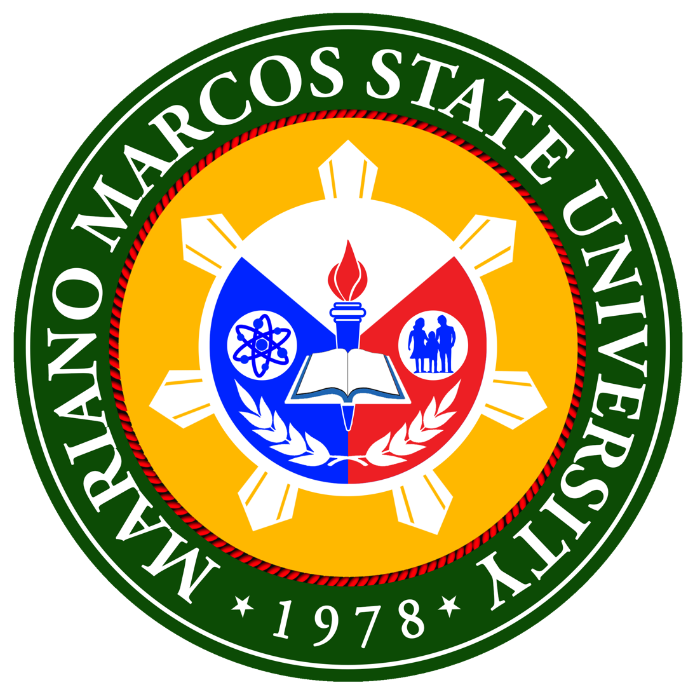Univ intensifies efforts to improve students’ English proficiency
By JOHN VINCENT B. TORIBIO
To address the alarming decline of English proficiency of Filipino college students in the country, the MMSU is set to implement two new English language programs among its students.
University President Shirley C. Agrupis tapped the Department of Languages and Literature of the College of Arts and Sciences and the university Language Center to create new programs to improve students’ skills in the use of the English language.
The DLL initially proposed before the university Board of Regents (BOR) to require all MMSU students to take an enhancement course called Intensive English. Meanwhile, the LC proposed to require all graduating students to undergo an English Enhancement Program. The two offices obtained approval from the BOR.
On one hand, the Intensive English subject, with a course code of Engl 01, is already included in all the curricular offerings of the university after having been approved during the University Academic Council last February 18. The course is scheduled on the students’ first year of study, either on the first semester or second semester.
Classes will employ a holistic approach to language learning which aims to improve students’ listening, speaking, reading and writing skills, with focus on communication, grammar and critical thinking skills.
In the beginning of the course, the students will take a diagnostic test to determine their level of proficiency. During the course, the students are required to maintain a portfolio showing their improvement in spelling, grammar, organization, and vocabulary. At the end of the course, the students will again be tested to know if they have reached the B2 level of proficiency using the Common European Framework of Reference, an international standard to describe language ability written by the Council of Europe. (B2 is the upper intermediate level of English in the CEFR, by which an English user could usually say “I am a confident English speaker.” At this level, students can function independently in a variety of academic and professional environments in English.)
Those who fail to reach the said level will be given additional coursework to pass the class. If students still fail, they have to re-take the said course.
Additionally, the English language teachers of the university will be required to take any of the following tests before teaching the subject: Test of English as a Foreign Language (ToEFL), International English Language Testing System (IELTS) and Test of English for International Communication (TOEIC). They are also expected to be trained on the use of the CEFR.
On the other hand, the English Enhancement Program is a non-credit course scheduled during the first or second semester of the final academic year of students in the university. Classes will adopt a learner-centered, interactive, skills-integrated, and content-based approach. This is to help graduating students to further hone their skills and competencies in pronunciation, listening, reading comprehension, vocabulary, writing and grammar.
Like the first program, students will take a diagnostic exam in the beginning of the program to enable the Language Center to personalize a 30-hour program for identified proficiency levels. Thirty students will comprise a class to be conducted either early in the morning or after office hours.
Certificates of Completion will be issued to students who have participated in at least 75% of the total class time and have manifested improvement in their English skills based on the post-test given.
Each student will be required to pay PhP 750.00 to cover class expenses.
These efforts of the university attempt to face the challenge posed by the results of various research. The study conducted by the Hopkins International Partners show that the level of English proficiency of college graduates from the Philippines is lower than the target English proficiency of High school students in Thailand. Specifically, the English proficiency of the Filipino test-takers was at the intermediate level or equivalent to the B1 level. (with reports from Dr. Marlina L. Lino and Dr. Jan Rich A. Guira)
Written By:
Administrator
Other News
2 MMSU profs receive BSU-CVM Young Veterinarian Achiever Award
MMSU Vet Med prof recognized for contributions in marine mammal protection
MMSU-CTE hosts SUCTEA Regional Conference
100% success of MMSU nursing and physician board examinees feted in testimonial rites
Parnuay rolls out discussions aligning education with creative industries

